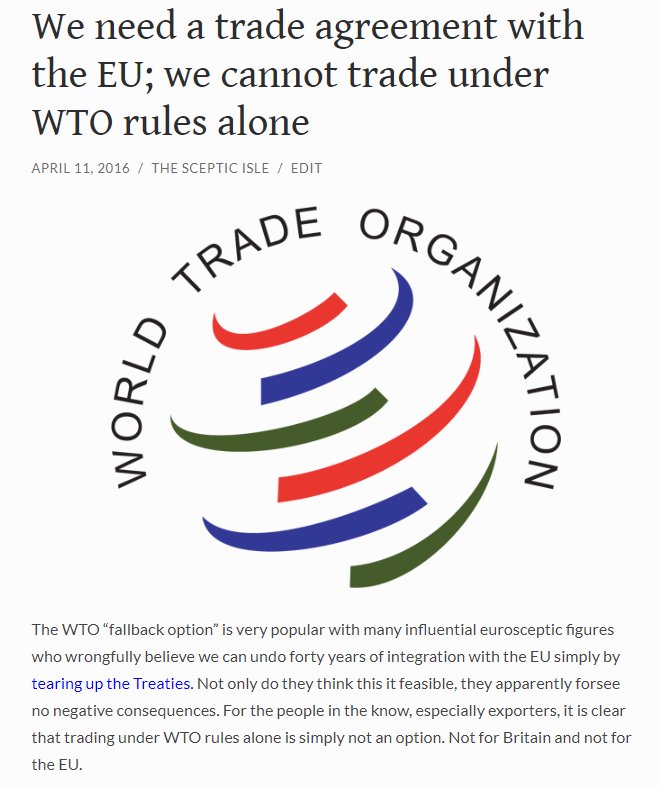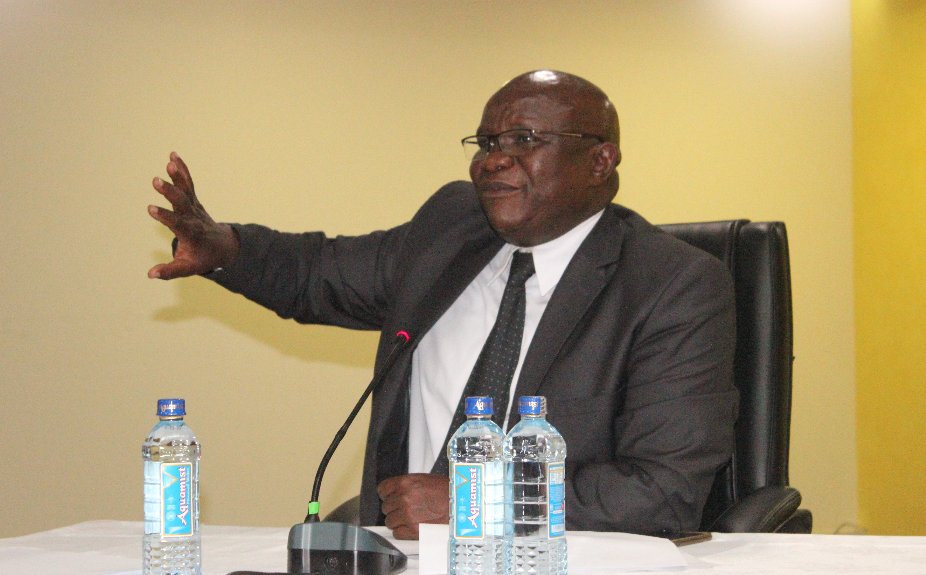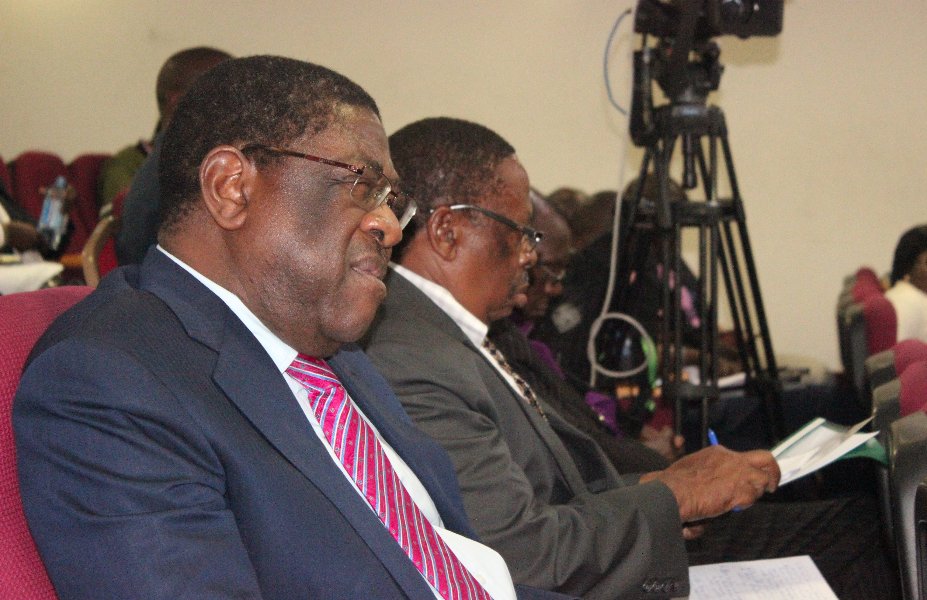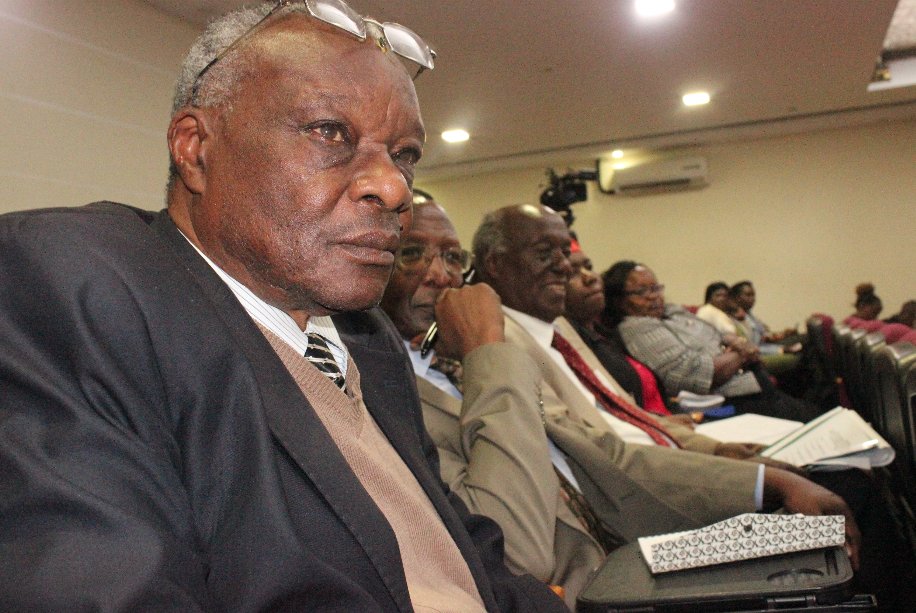Ladies and gentlemen, the political and economic situation in #Libya today makes life hard for everyone, for #Libyans, our neighbours and the rest of the world. But we may still have hope that this can change.
#NewStartforLibya
1 - 2011 Revolution; Dashed hopes
2 - How we got here; #Gaddafinomics
3 - A New Start; a new economic #baseline
4 - How to Start
5 - Learning from History
1.1 - I want to start not quite at the beginning but with what happened during the 17 February Revolution and its aftermath, in which I was very much involved, and explain how the great hopes for #Libya in 2011 were dashed.
Although levels of oil production increased, the Ministry of Finance was concerned by a budget deficit of 19 billion dinars or approximately 20% of GDP.
2.1 I now want to turn to matters before the Revolution and to tell you a little about something I have called “#Gaddafinomics”; the underlying mindset and behaviour system of Gaddafi's inherited model of a State, the #Jamahiriya.
Society (family basis),
Individual citizens,
Local governments and
Central government,
1- Unification of a smaller central government,
2- Social security for all libyan families,
3- Equitable local partnership in governance, and finally
4- Equitable national voice and participation for individual citizens
3.8 The fundamentals of this new approach fo would be based on a series of economic rights.
To liberate the Libyan economy from bad behavior incentives and institutions created by the wage and subsidy entitlements, so Libyans can create real work.
It must happen for a proper division of labour between national armed forces and security agencies, and local ones, to ensure a lasting balance.
own economies, by receiving and controlling their own recurrent and capital budgets, as a real share in the flow of funds from natural resources.
4.1 There is now a need for a short term non‐political technocratic government to fine tune the existing electoral law, perhaps by clarifying the legal interpretation of that law.
5.1 I want to finish with a story about a country which was ruled for many years by a ruthless dictator. This dictator in line with the socialist label that he gave to his regime, introduced a wide array of wage and price controls.
Ahmed
#NewStartforLibya
P.S I will pin a table of contents tweet for easy navigation of chapters










